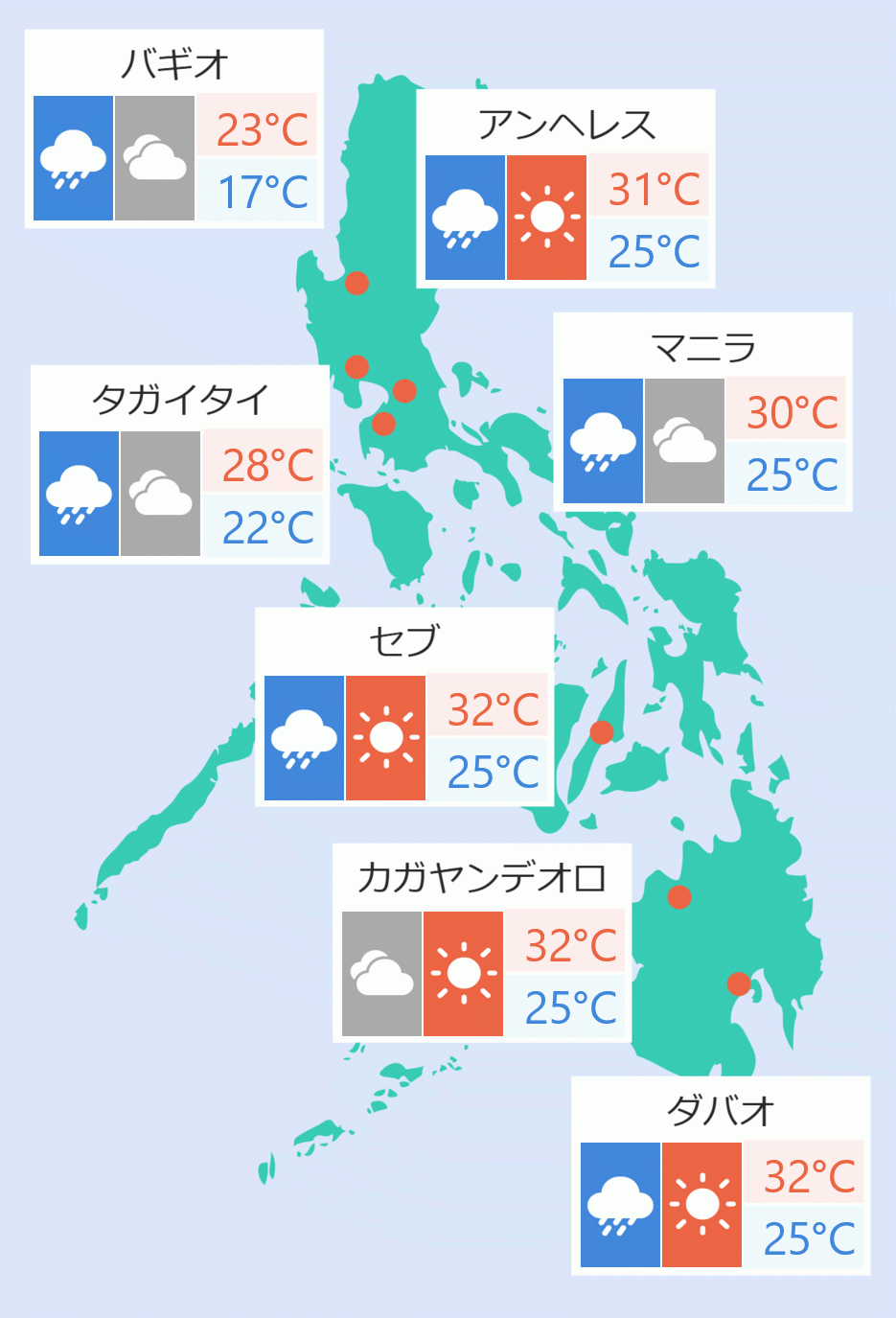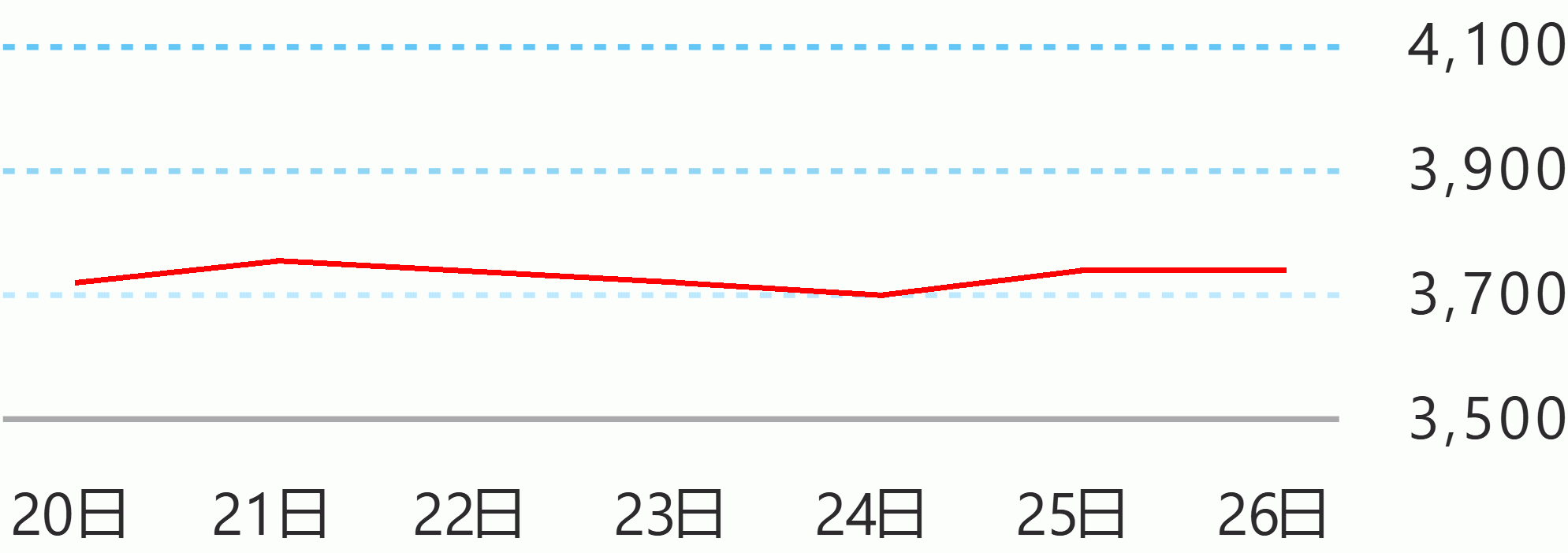The Department of Energy and Japan Oil, Gas and Metals National Corp. have agreed to conduct a study for the formation and operation of Philippine petroleum reserves program.
In a virtual ceremony, the DOE and JOGMEC signed on Wednesday the Memorandum of Agreement for the study that would update the 2002 Philippine National Oil Contingency Plan, as well as provide recommendations on the creation and operation of a Strategic Petroleum Program.
"In view of the importance of oil stockpiling in the Asian region, JOGMEC has obtained the cooperation of METI, or the Ministry of Economic Trade and Industry, and supported ASEAN and East Asian countries' efforts for the creation and operation of petroleum reserves programs. It was also decided this time that we will jointly conduct a study for creating and operating petroleum reserves programs with the Philippine Department of Energy based on the Memorandum of Agreement," said Tetsuhiro Hosono, chairman and CEO of JOGMEC, through an interpreter, during the virtual ceremony.
Energy Secretary Alfonso Cusi expressed his gratitude to the Japanese government and its private sector for their help in order for the Philippines succed in meetin its energy security goals.
"Even before the COVID-19 pandemic, energy security has always been at the core of our policy agenda. We have been actively seeking all potential ways to ensure the availability of sufficient energy supply, most specially, in the face of local or global disruptions such as geopolitical movements, global market volatilities, and more recently, this COVID health crisis," he said.
"We look forward to closely working with our Japanese partners as we seek to fine tune and operationalize two of our most important energy security policy considerations," Cusi said.
He said that updating the Philippine contingency plan would provide the country with current and deeper insights into how it could better secure its national fuel supply, especially during severe interruptions.
"This is a particularly important, a national security matter even, given that our country is an oil and petroleum product importer with very limited indigenous supply capability," Cusi said.
He also said the establishment and operation of a strategic petroleum reserve is one of the most reliable forms of securing contingency supplies.
Under the MOA, the DOE said JOGMEC will conduct a study within eight months of its signing, and the parties shall have a one-year consultative period after the submission of the final report.
The main areas of the study are:
a) the international petroleum products’ supply and demand situation in the past five years and the expected growth for the next 20 years;
b) the international strategic petroleum reserve program situation in the past five years to address supply disruptions;
c) the existing international oil supply security agreements both in ASEAN and other regions of the world and how the Philippines could participate;
d) the Philippine petroleum products’ supply and demand situation in the past five years and expected growth for the next 20 years;
e) Philippine Government-owned and privately-owned crude oil and finished petroleum products’ storage facilities in the past five years and the expected growth for the next 20 years;
f) existing Philippine policies and implementation to address petroleum products’ supply for normal demand, as well as demand for contingency/emergency response due to any international or domestic supply disruption;
g) an analysis of the gaps in the existing Philippine Government-owned and private-owned petroleum products’ storage facilities to address the existing and the expected growth in demand, as well as the contingency/emergency response during any international and domestic supply disruption ;
h) an analysis of the gaps in the existing Philippine policies on contingency/emergency response to any international and domestic supply disruption;
i) an analysis of the role of the DOE, the Philippine National Oil Company (PNOC) and other relevant government agencies to address the Philippine national petroleum products’ contingency/emergency supply strategies and measures;
j) provide recommendations on the creation and operation of the Philippine PSRP; and
k) submit to DOE the recommended updated 2002 Philippine National Oil Contingency Plan incorporating all the above data, information, analysis, SPRP recommendations and the overall recommendations on how to address the Philippine national petroleum products supply security and contingency/ emergency response to any international or domestic supply disruption.
Two months after the completion of the study, JOGMEC will submit to the DOE its final output, an updated 2002 Philippine National Oil Contingency Plan, and all its corresponding relevant data and information. They will also provide relevant recommendations on the creation and operation of the Philippine Strategic Petroleum Reserve Program. Celerina Monte/DMS





 English
English









